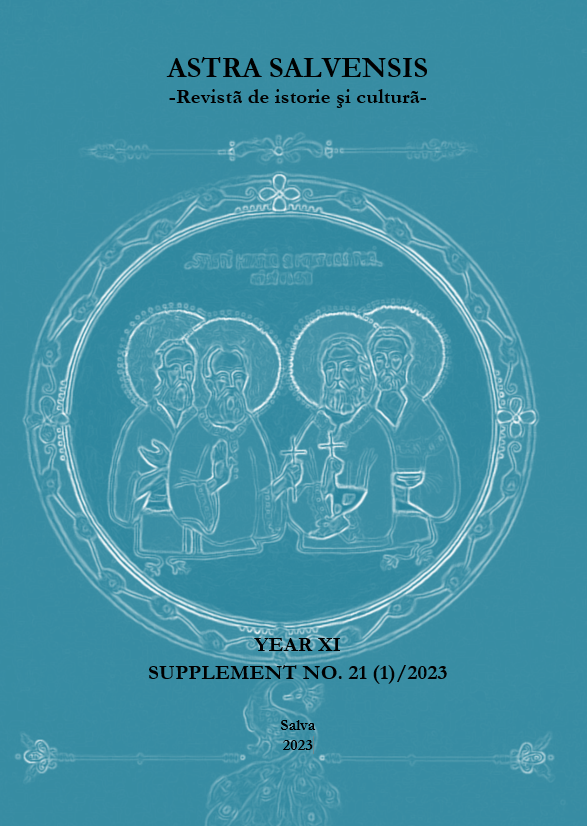Neuroscientific insights into education: exploring assessment and evaluation in learning
Neuroscientific insights into education: exploring assessment and evaluation in learning
Author(s): Anca SimionSubject(s): Social Sciences, Education, Adult Education
Published by: Asociaţiunea Transilvană pentru Literatura Română şi Cultura Poporului Român - ASTRA
Keywords: ear ning , neurodidactics; neurogenesis; evaluation; neuroplasticity; connections in education;
Summary/Abstract: Educational neuroscience provides vital insights into how numerous elements determine students' behaviour, such as brain development, environmental effects, heredity, and personal views. By diving into educational neuroscience research, teachers may discover a multitude of techniques to improve their classroom practices and empower pupils to better understand their own learning processes. This discipline gives insight on a wide range of problems important to educators, from neuroplasticity and memory to learning environment design. Understanding neuroplasticity, for example, might drive instructional techniques that take advantage of students' abilities to develop and change. Teachers may use memory research findings to improve learning experiences and help students recall material more successfully. Furthermore, educational neuroscience emphasises the necessity of designing supportive learning environments that take into account students' emotional well-being and cognitive growth. Trauma-informed methods, for example, acknowledge the influence of negative events on brain function and behaviour, enabling educators to create safe and caring school environments in which all kids may thrive. In addition to these basic principles, educational neuroscience provides practical suggestions on a wide range of teaching practices, including bringing creativity, activity, and mindfulness into classes to engage students' brains and improve learning results. Strategies such as retrieval practice and metacognitive reflection enable students to become more active and self-aware learners, providing them with critical thinking and problem-solving skills. Educational neuroscience insights help educators gain a more profound comprehension of the complex interactions among the brain, behavior, and learning processes. This enhanced understanding empowers teachers to tailor their instructional methodologies to align more closely with the individual needs of their students. With the aid ofeducational neuroscience educators can cultivate an environment in the classroom that nurtures continuous learning and development, laying the foundation for lifelong educational growth. This implementation of educational neuroscience not only influences current teaching practices but also shapes future approaches, paving the way for more innovative and effective strategies to support student learning and well-being.
Journal: Astra Salvensis - revista de istorie si cultura
- Issue Year: XI/2023
- Issue No: 21 (1)
- Page Range: 38-50
- Page Count: 13
- Language: English

